While English has become the unofficial international language of tourism, there are still plenty of European cities where you’ll quickly discover the limits of your high school language skills. These aren’t necessarily unfriendly places—quite the opposite, actually—but they’re locations where locals either can’t or simply won’t switch to English just because a tourist shows up expecting universal comprehension. Whether it’s due to cultural pride, generational gaps, or just the reality that English education wasn’t prioritized in certain regions, these cities will quickly challenge anyone who assumes English is spoken everywhere.
Don’t mistake this for hostility—many of these places offer incredible experiences once you figure out how to communicate. Here is a list of 16 European cities where pointing, gesturing, and a good translation app become your best friends.
Naples, Italy
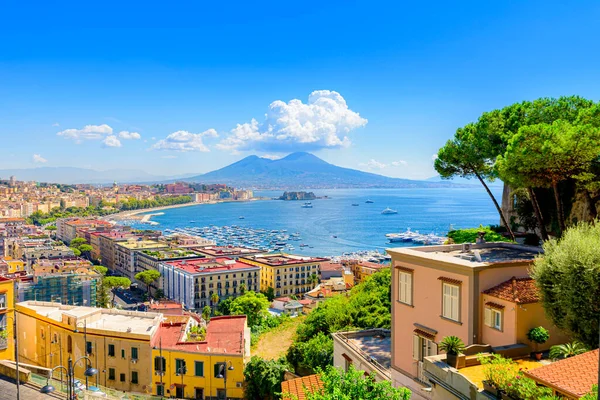
Naples operates on pure Italian passion, and that passion rarely includes switching to English for confused tourists wandering through the historic center. The city’s older generation, who run many of the family restaurants and small shops, learned their trade long before English became trendy in Italian schools.
You’ll find yourself relying heavily on hand gestures and menu photos, but the authentic experience more than makes up for the communication challenges.
Krakow, Poland
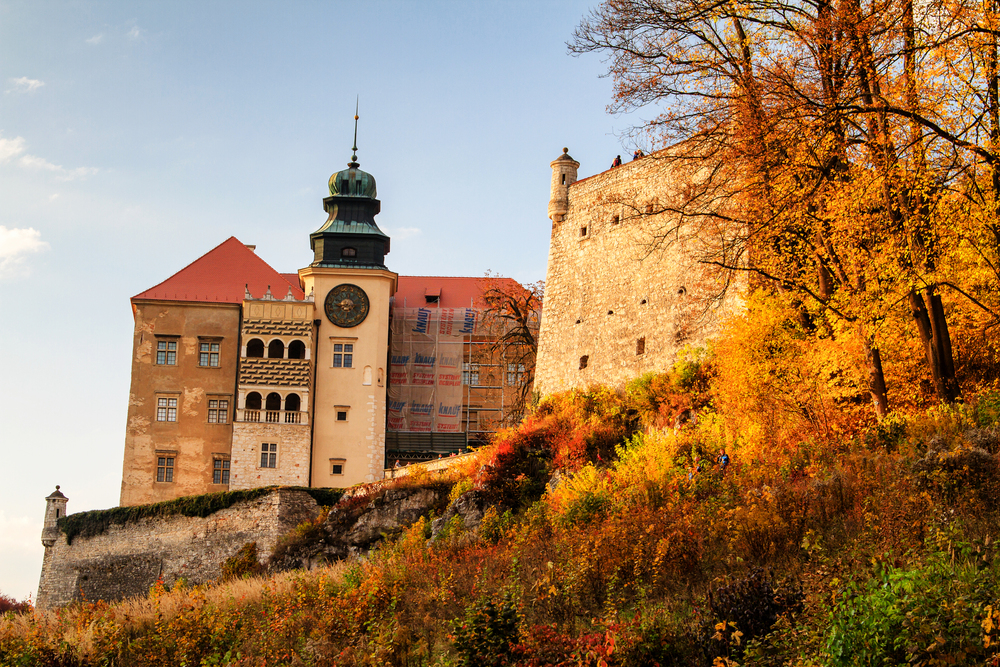
Krakow’s stunning medieval architecture attracts millions of visitors, but the city hasn’t fully embraced English as a tourist language outside the main attractions. Many restaurants, shops, and services operate primarily in Polish, with staff who might know a few English words but can’t hold actual conversations.
The younger crowd speaks more English, but good luck getting directions from anyone over 40 without some creative charades.
Like Travel Pug’s content? Follow us on MSN.
Seville, Spain
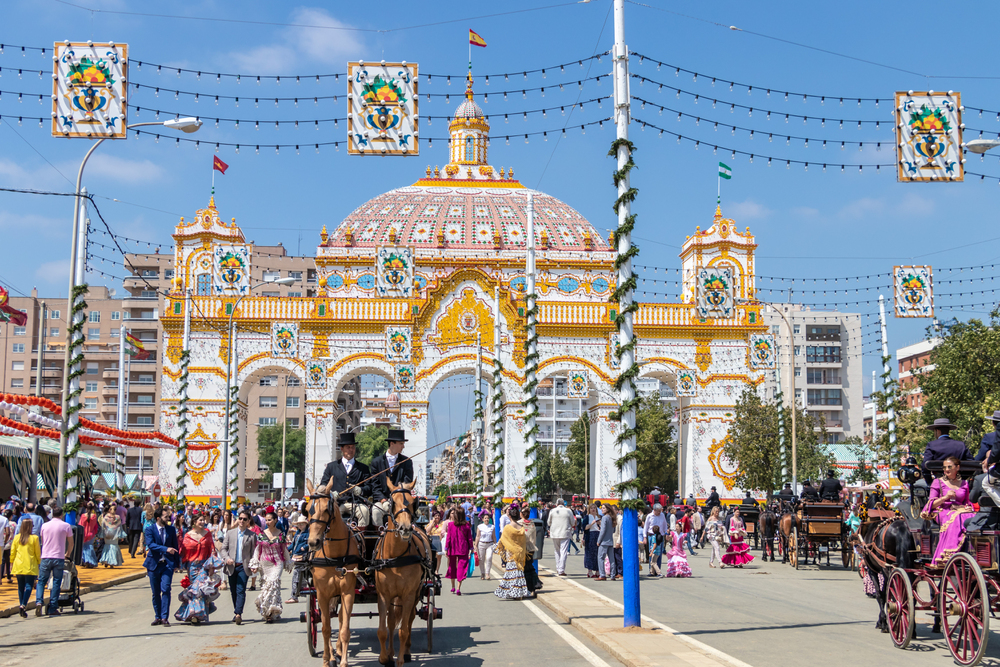
Seville embodies traditional Spanish culture so completely that English feels almost out of place in the city’s winding streets and tapas bars. The locals take pride in their Andalusian dialect and aren’t particularly motivated to accommodate English-speaking tourists beyond the most basic interactions.
Even in restaurants near major attractions, menus are often only in Spanish, making dinner an adventure in linguistic guesswork.
Lyon, France

Lyon’s reputation as France’s gastronomic capital comes with a distinctly French attitude toward language—if you want to experience the city properly, you better learn some French phrases. The city’s famous bouchons and traditional restaurants operate almost exclusively in French, with staff who seem genuinely puzzled by English requests.
This isn’t Paris, where tourism demands have created more English accommodation—Lyon expects you to meet it on its own.
Brno, Czech Republic
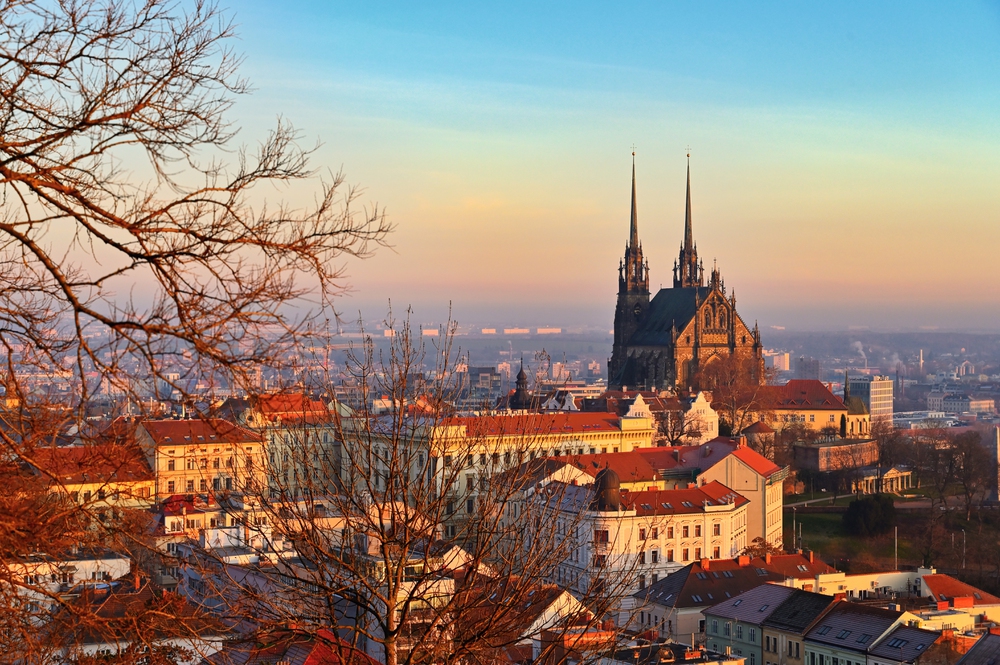
penetrated daily life the way it has in the capital. Most shops, restaurants, and services operate entirely in Czech, with staff who might recognize English but can’t respond in it.
The city’s university population speaks more English, but they’re vastly outnumbered by locals who’ve never needed to use it in their daily routines.
Like Travel Pug’s content? Follow us on MSN.
Valencia, Spain

Valencia’s laid-back Mediterranean vibe includes a relaxed attitude toward English that basically amounts to ‘good luck with that.’ The city’s famous Central Market and local neighborhoods operate almost entirely in Spanish or Valencian, with vendors who’ll smile politely at your English attempts before responding in rapid-fire Spanish.
Tourist areas offer slightly more English accommodation, but venture into real Valencia and you’re on your own.
Toulouse, France

Toulouse’s identity as a proud southwestern French city means English takes a definite backseat to French and even the local Occitan language. The city’s aerospace industry attracts international workers, but the service sector remains stubbornly French-focused.
Restaurant servers and shop clerks often possess limited English vocabulary but lack the comfort or motivation to use it.
Genoa, Italy
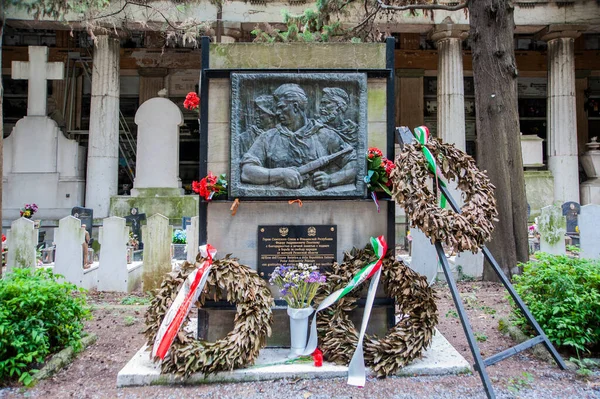
Genoa’s working-class maritime culture hasn’t fully adopted English the way Italy’s more tourist-dependent cities have, leaving visitors to navigate the port city’s narrow streets with limited linguistic support. The city’s restaurants and shops cater primarily to locals, with staff who might understand basic English but respond in Italian.
Christopher Columbus may have been a famous explorer, but modern Genoa expects you to do your linguistic exploring.
Like Travel Pug’s content? Follow us on MSN.
Bilbao, Spain

Bilbao’s industrial heritage and strong Basque identity create a linguistic environment where English competes with both Spanish and Euskera for attention—and usually loses. The famous Guggenheim Museum operates in multiple languages, but step outside that bubble, and you’re in a city where Basque pride trumps tourist convenience.
Local restaurants and bars primarily operate in Spanish or Basque, with English often used as an afterthought at best.
Wrocław, Poland

Wrocław’s growing reputation as a tech hub attracts young professionals who speak English, but the city’s service sector remains firmly rooted in Polish traditions. Restaurants, markets, and local shops operate almost exclusively in Polish, with staff who might recognize English words but can’t form coherent responses.
The city’s famous dwarfs might be international symbols, but the humans stick to their native language.
Montpellier, France
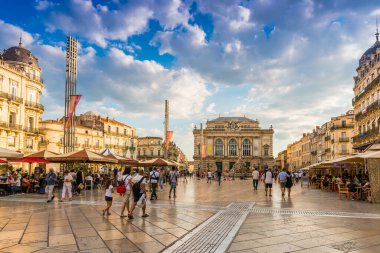
Montpellier’s large student population creates pockets of English conversation, but the broader city operates with typical French linguistic priorities that don’t include accommodating English speakers. The historic center’s shops and restaurants maintain French-only policies that feel almost deliberate in their monolingual approach.
University areas offer more English possibilities, but traditional Montpellier expects visitors to embrace French culture completely.
Like Travel Pug’s content? Follow us on MSN.
Palermo, Italy
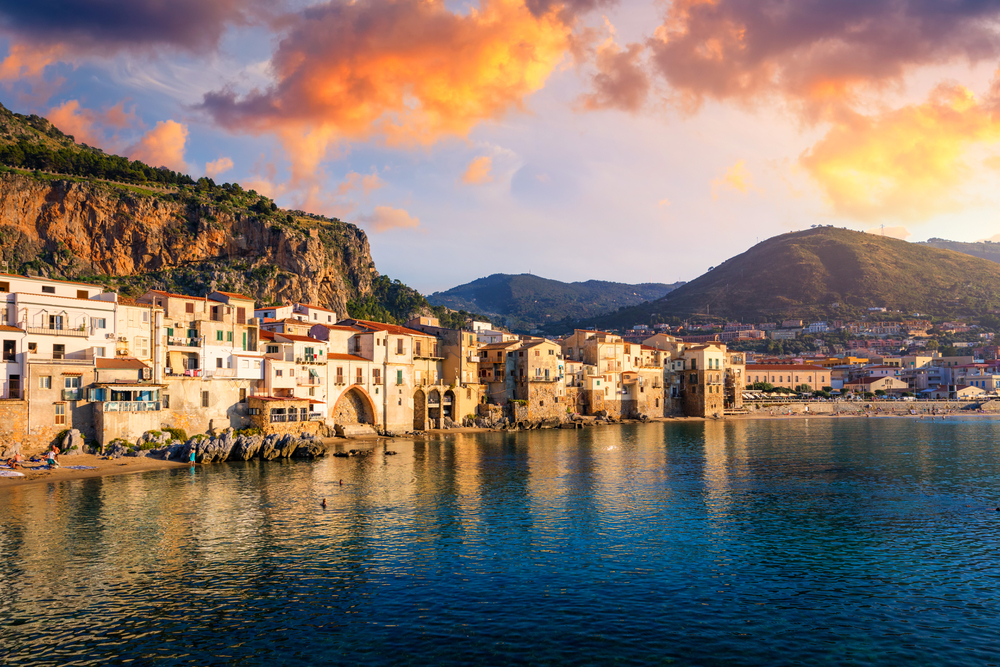
Palermo’s chaotic charm includes a communication style that’s deeply rooted in Sicilian dialect and Italian, with English as a distant third option that many locals don’t prioritize or use regularly. The city’s famous markets and street food vendors operate in a linguistic environment where gesturing and pointing become essential survival skills.
Tourism infrastructure provides some English support, but authentic Palermo experiences require Italian language skills or exceptional patience.
Gdansk, Poland
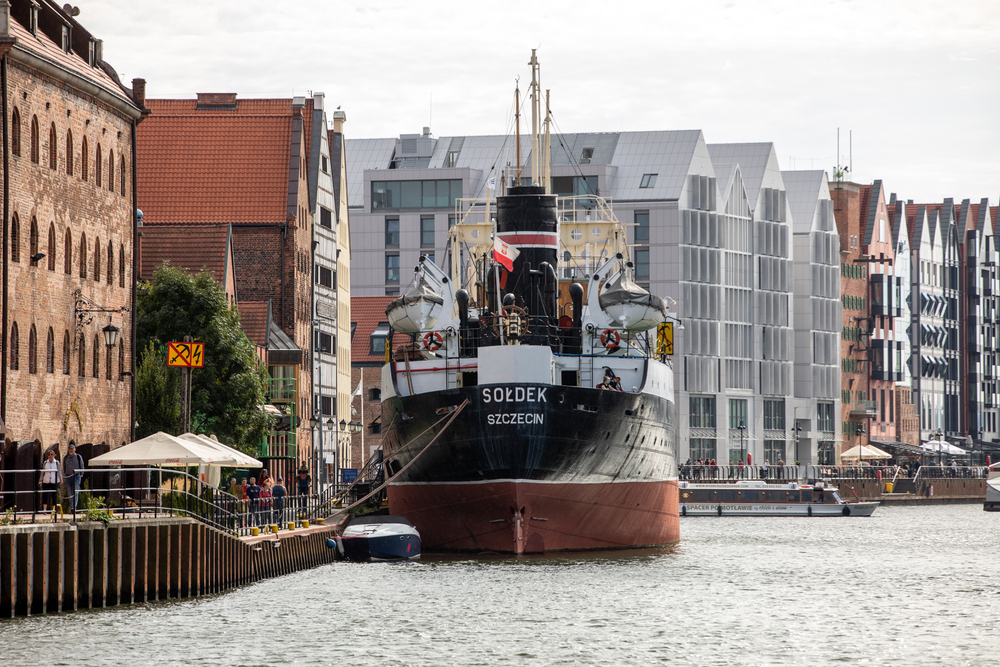
Gdansk’s shipbuilding heritage and strong Polish identity create a city where English education hasn’t penetrated deeply into daily commercial life. The historic Old Town attracts international visitors, but restaurants and shops outside tourist zones operate primarily in Polish.
Local markets and neighborhood establishments might have staff who understand basic English, but conversations require creative communication strategies.
Nantes, France
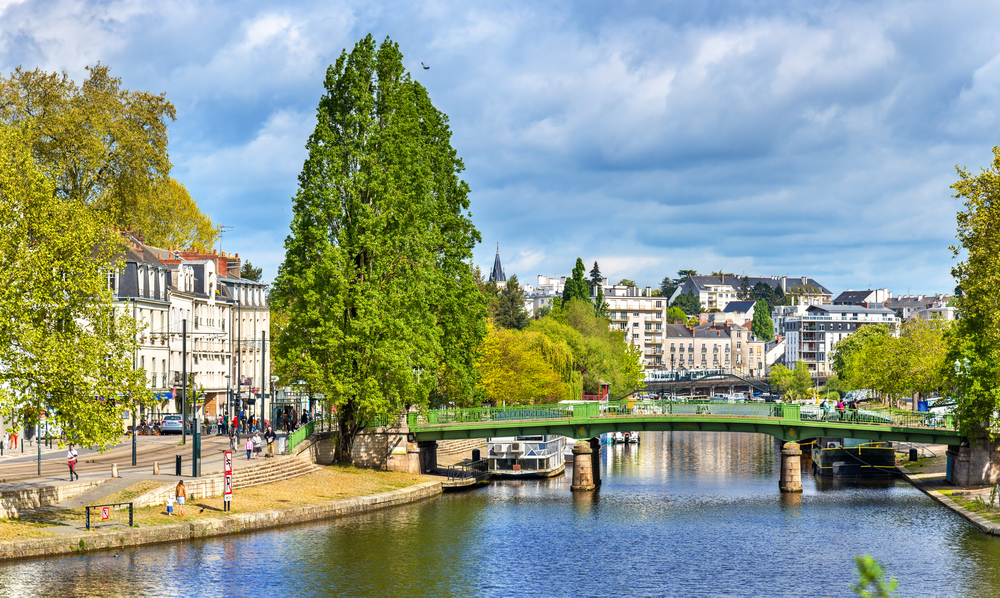
Nantes combines French cultural pride with a distinctly regional character that doesn’t prioritize English accommodation for visitors. The city’s cultural attractions and restaurants operate with the assumption that visitors should adapt to French linguistic norms rather than the reverse.
Young professionals and university students speak more English, but they’re not the ones serving you dinner or helping you find directions in most situations.
Like Travel Pug’s content? Follow us on MSN.
Catania, Italy

Catania’s position as Sicily’s second city comes with a laid-back attitude toward English that basically amounts to ‘we’ll get to it eventually.’ The city’s volcanic energy and street life operate entirely in Italian and Sicilian dialect, with English appearing only sporadically in tourist-focused businesses.
Market vendors and local restaurant owners might understand basic English words but respond with animated Italian, leaving visitors nodding politely while understanding nothing.
Bari, Italy
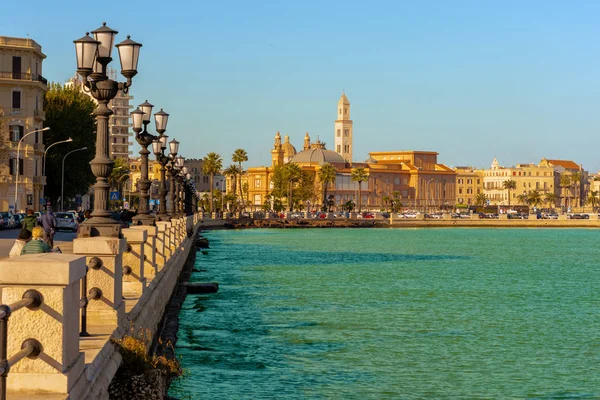
Bari’s role as southern Italy’s economic center hasn’t translated into widespread English adoption, leaving the city’s authentic charm linguistically challenging for English speakers. The old town’s winding streets and traditional restaurants operate in Italian, with staff who seem genuinely surprised when tourists expect English communication.
The city’s university population provides some English possibilities, but commercial life remains firmly rooted in Italian traditions.
The Persistence of Local Language

These cities represent something increasingly rare in our globalized world—places where local culture and language still take precedence over international tourist convenience. Rather than viewing this as a problem to be solved, perhaps it’s better understood as an authentic cultural experience that forces visitors to engage more deeply with local customs and communication styles.
The rise of translation technology has made these linguistic challenges more manageable, but the fundamental experience remains unchanged—these cities expect you to meet them halfway rather than adapting completely to outside expectations. In an era where many European destinations have become linguistically homogenized for tourist consumption, these holdout cities offer something more challenging and ultimately more rewarding than the typical English-everywhere travel experience.
Like Travel Pug’s content? Follow us on MSN.
More from Travel Pug

- 20 Best Beach Towns in the Carolinas
- 13 Destinations Where Tourists Regularly Regret Their Trip
- 20 Things You Actually Get in First Class
- 20 Small Airports With Aviation Museums
- 20 Places in the U.S. That Are Perfect for a Reset Trip
Like Travel Pug’s content? Follow us on MSN. content? Follow us on MSN.
